As Spain has eased entry requirements for UK children and teenagers aged between 12 and 17, travel experts HolidayPirates are excited to share five reasons to visit beautiful Valencia this spring.
Valencia, Spain’s third-largest city, is on the beach, is a design-forward hub and is beautifully melded to its Mediterranean roots, making it perfect for a short city break or as a base for exploring the coastal plains and striking mountainous areas of the Valencian region. It is also blessed with a good year-round climate and is the birthplace of paella.
1. World Design Capital of 2022
Valencia is the eighth city to have been designated World Design Capital and proudly holds the accolade in 2022, which brings with it a full year of cultural events and exhibitions. The city has spent several decades building its reputation as a creative hub and visitors can enjoy the work of architects, interior designers, illustrators and graphic design across the city.
Impressive urban infrastructures coexist harmoniously with the natural and built environment and the city has become a leading example of design in public policy to effect social change. Visit the Turia Gardens, the Central Market, the City of Arts and Sciences to see some of the most striking examples of Valencia’s unique take on its Mediterranean heritage.
The city has also been chosen by the EU to be 2022’s co-capital of smart tourism for its work on sustainability, inclusivity and its respect for its citizens and cultural heritage.
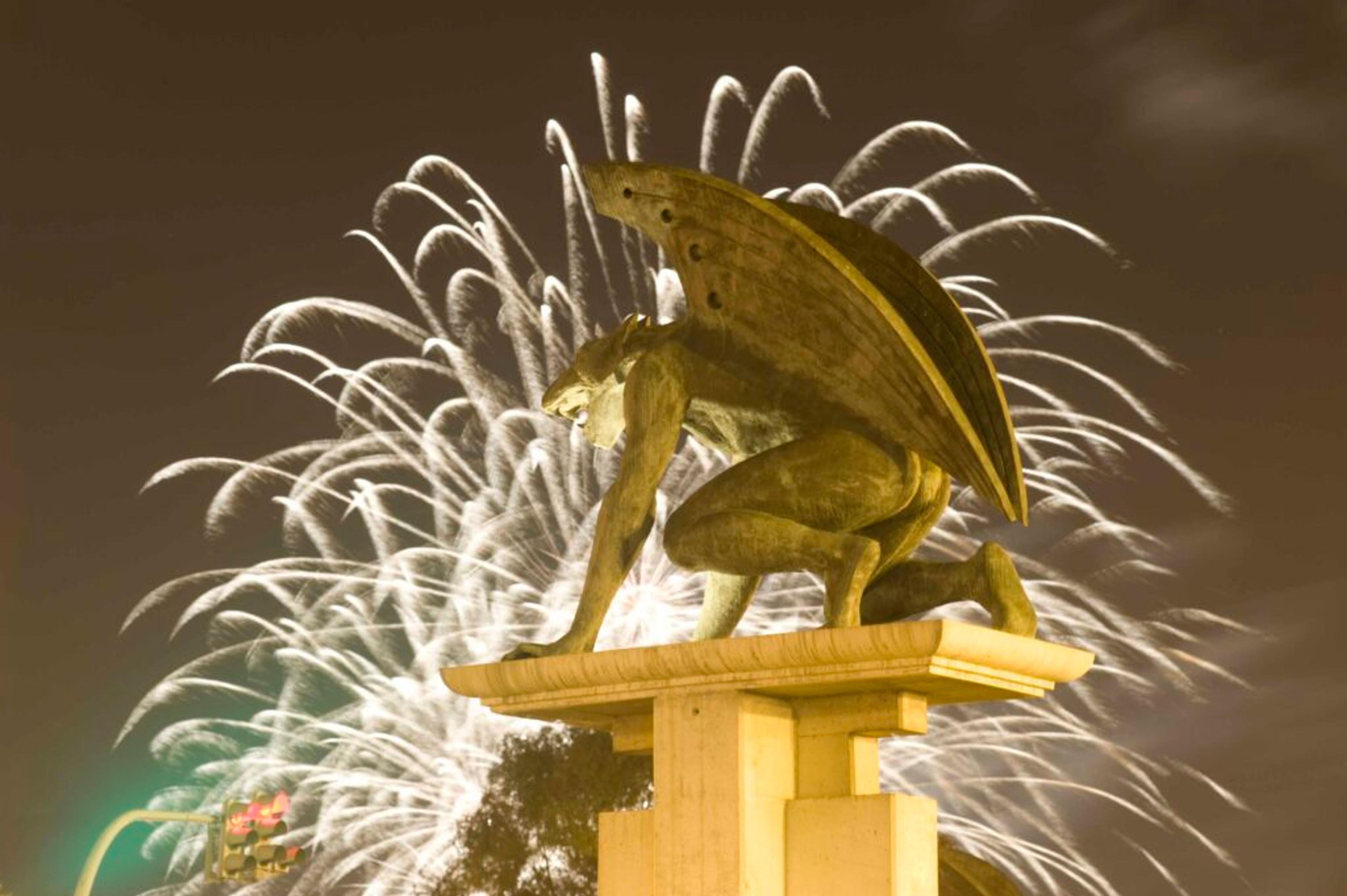
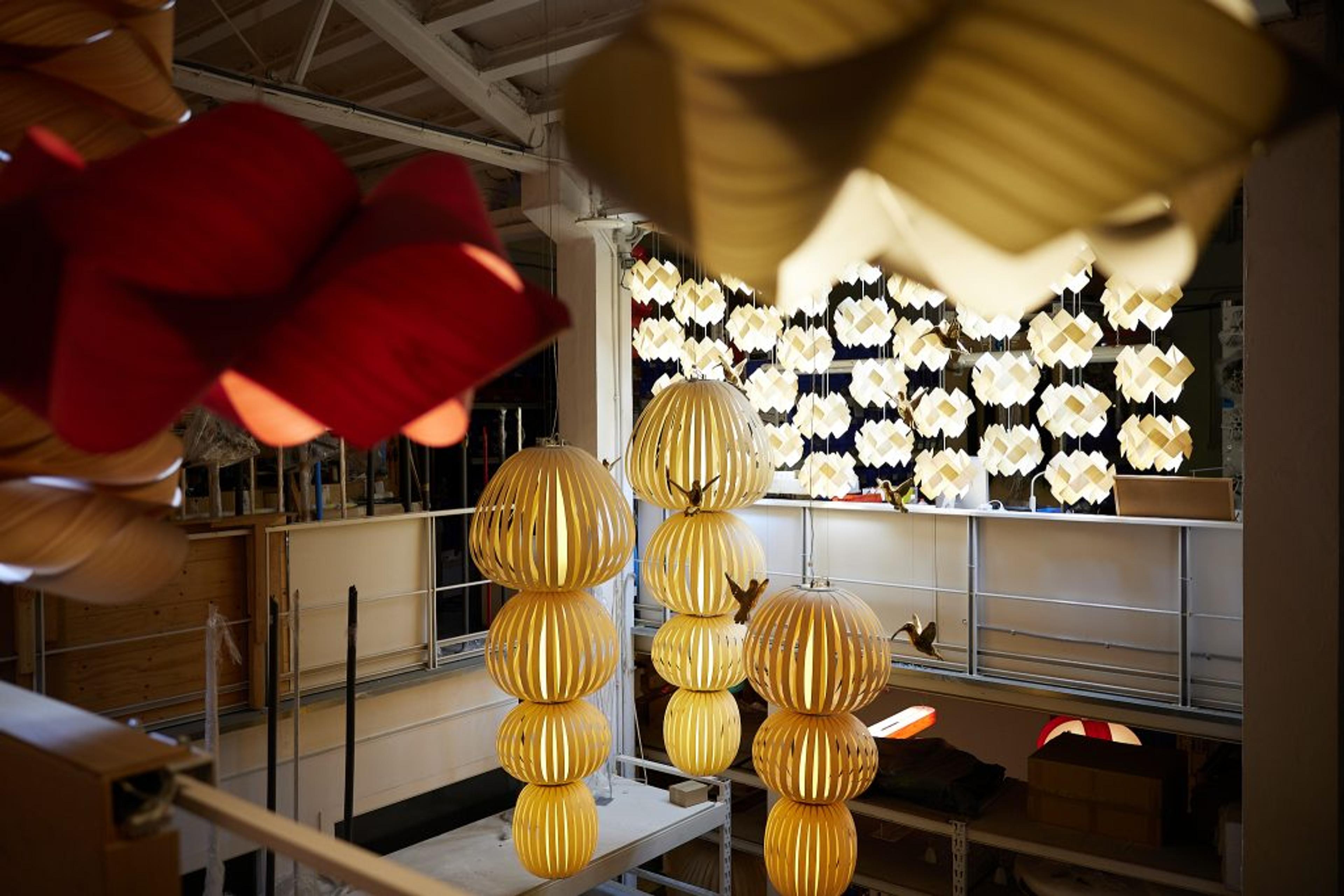
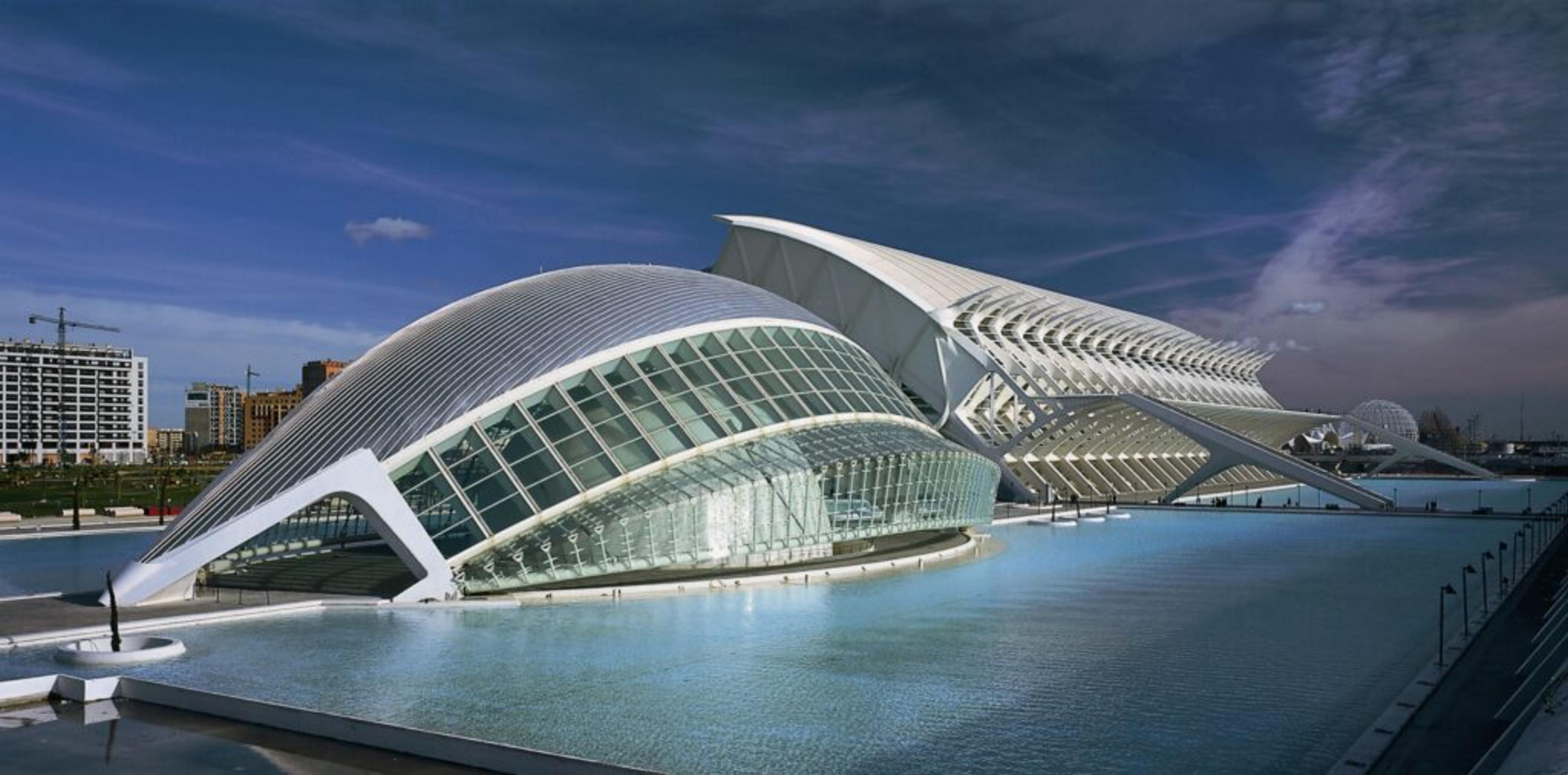
2. Voted the best city to live in
According to Expat City Ranking 2020, Valencia has been named the best city to live in the entire world by expatriates of more than five different nationalities. With 320 sunny days a year, many beautiful beaches to choose from and plenty of leisure options, it truly deserves this nomination. The city is bike-friendly and provides the option to tour around on bikes, which helps with fitness. In addition, the city has amazing and diverse gastronomy offering that will please even the pickiest tastebuds.
3. Do not miss Las Fallas which returns in March
Valencia’s highly anticipated Las Fallas festival will be back in the streets this March. The festival, which always takes place in March, due to the pandemic last year, was shortened and celebrated in September, however it is coming back bigger and louder. The festival, which dates to the 18th century was inscribed in the UNESCO Representative List of Intangible Cultural Heritage of Humanity in 2016 and takes place in March. Each year residents make hundreds of colourful puppet-like sculptures from wooden, cardboard, or papier-mâché known as ninots, which are burned in a massive bonfire while the city’s sky is filled with fireworks. The festival which combines Valencia’s tradition, satire and art is a must-see once in a lifetime event.
4. Sustainable, high-end gastronomy and the birthplace of paella
As the birthplace of paella, and a centre of excellence when it comes to showcasing local produce, visitors need to sample the city’s most famous and international dish. Valencian chefs banded together a few years ago to create Wikipaella, to police paella around the world. Valencian-made paella will either be made with rice and vegetables and animalprotein such as chickenor rabbit, OR, the seafood version is made with fresh produce from the Mediterranean. Visitors will not be short of high-end dining options either. Locally-sourced produce, served locally with flair makes Valencia a foodie paradise. The Michelin Guide for 2022 gave three new stars to restaurants in the city, which join four others.
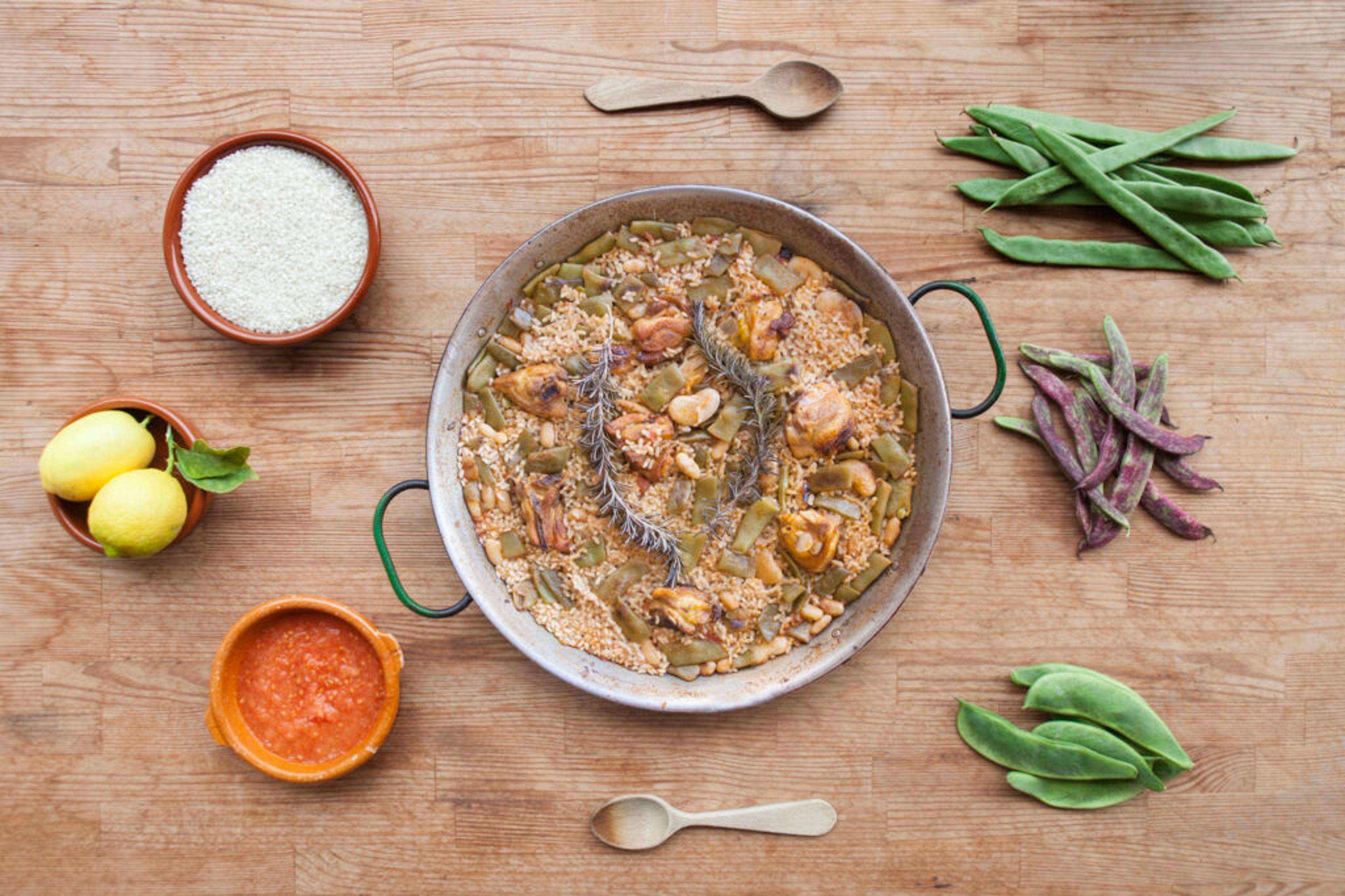
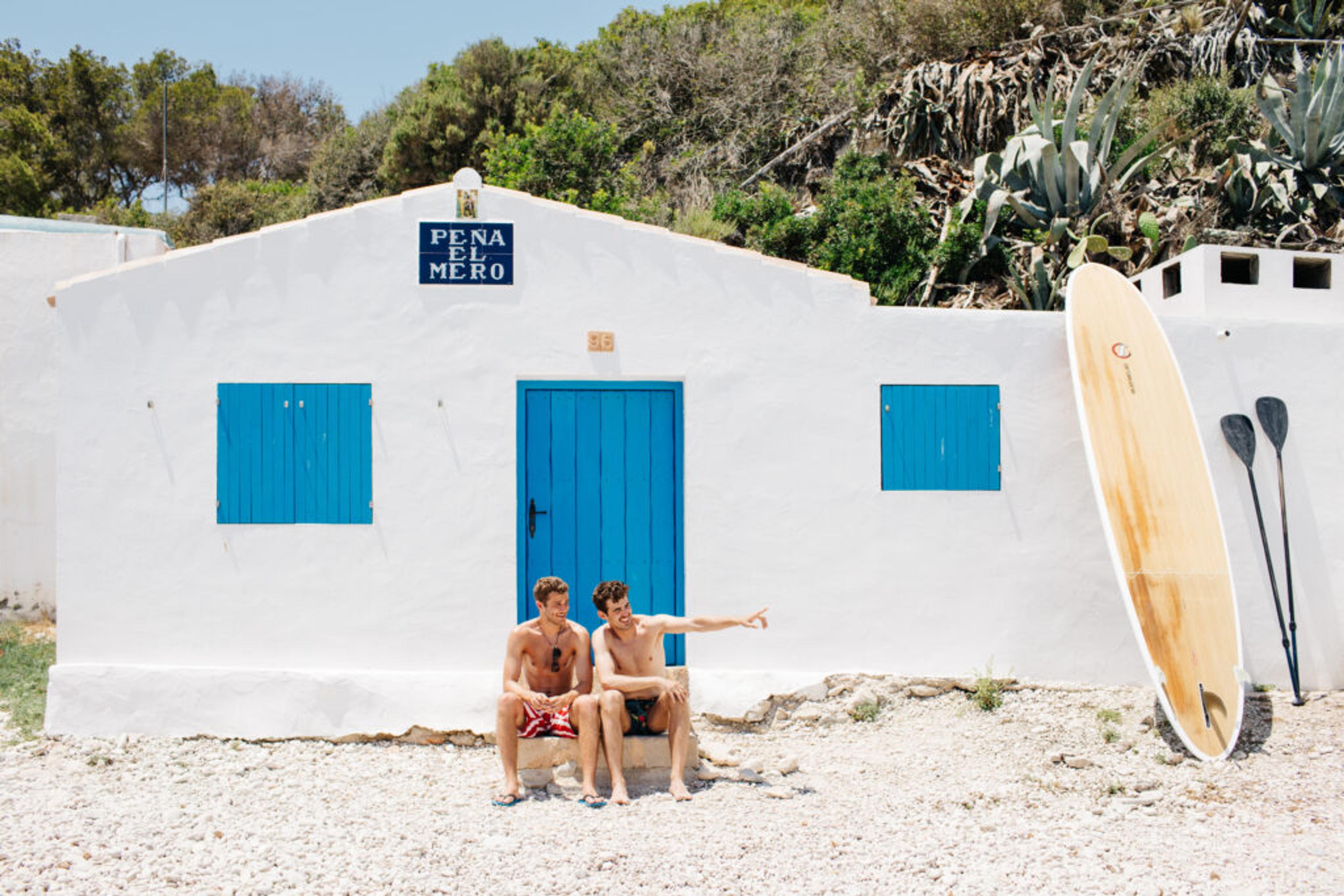
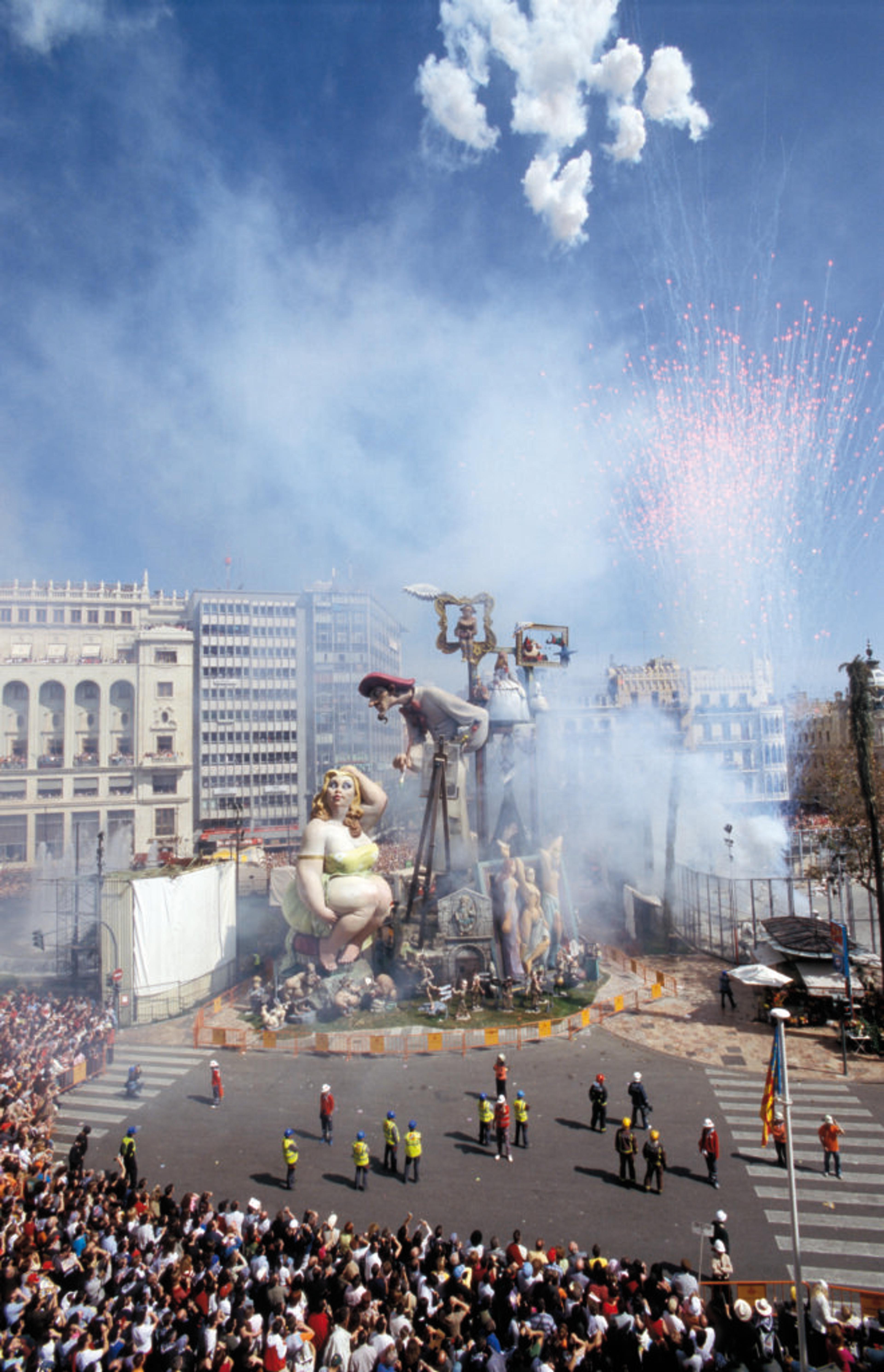
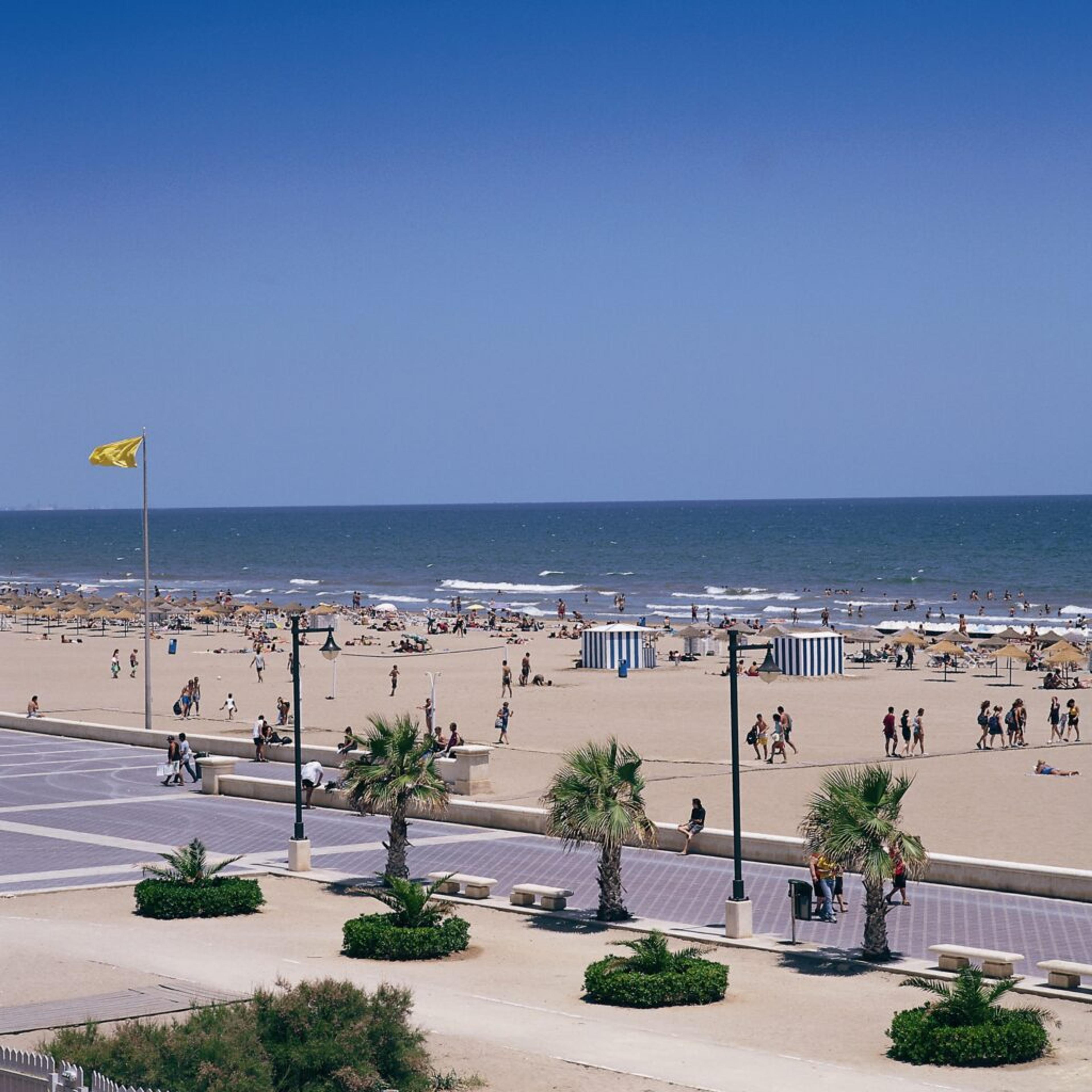
5. The year of Berlanga – the great chronicler of Spanish society
Valencia is in the midst of celebrating the 100th anniversary of the birth of Luis García Berlanga, in the city. Heralded as Spain’s greatest ever film director – Berlanga was an irritant to fascist dictator Francisco Franco and his regime – when many others in the artistic community fled the country.
His legacy includes the films The Executioner (1963), a comedy of manners satirising capital punishment; Plácido (1962), a black comedy mocking false piety, based on real events where a small town’s grandee’s each adopt a poor person for Christmas eve and Welcome, Mister Marshall! (1953), which lampooned Spanish hopes for a slice of US money to rebuild Europe after WW2. They are films which are useful insights into Spain’s tumultuous 20th century. Visitors can join a guided tour which outlines how Valencia influenced his filmmaking, and takes in locations from Berlanga’s childhood, the historic district and his personal relationship with the world of the Fallas Festival.

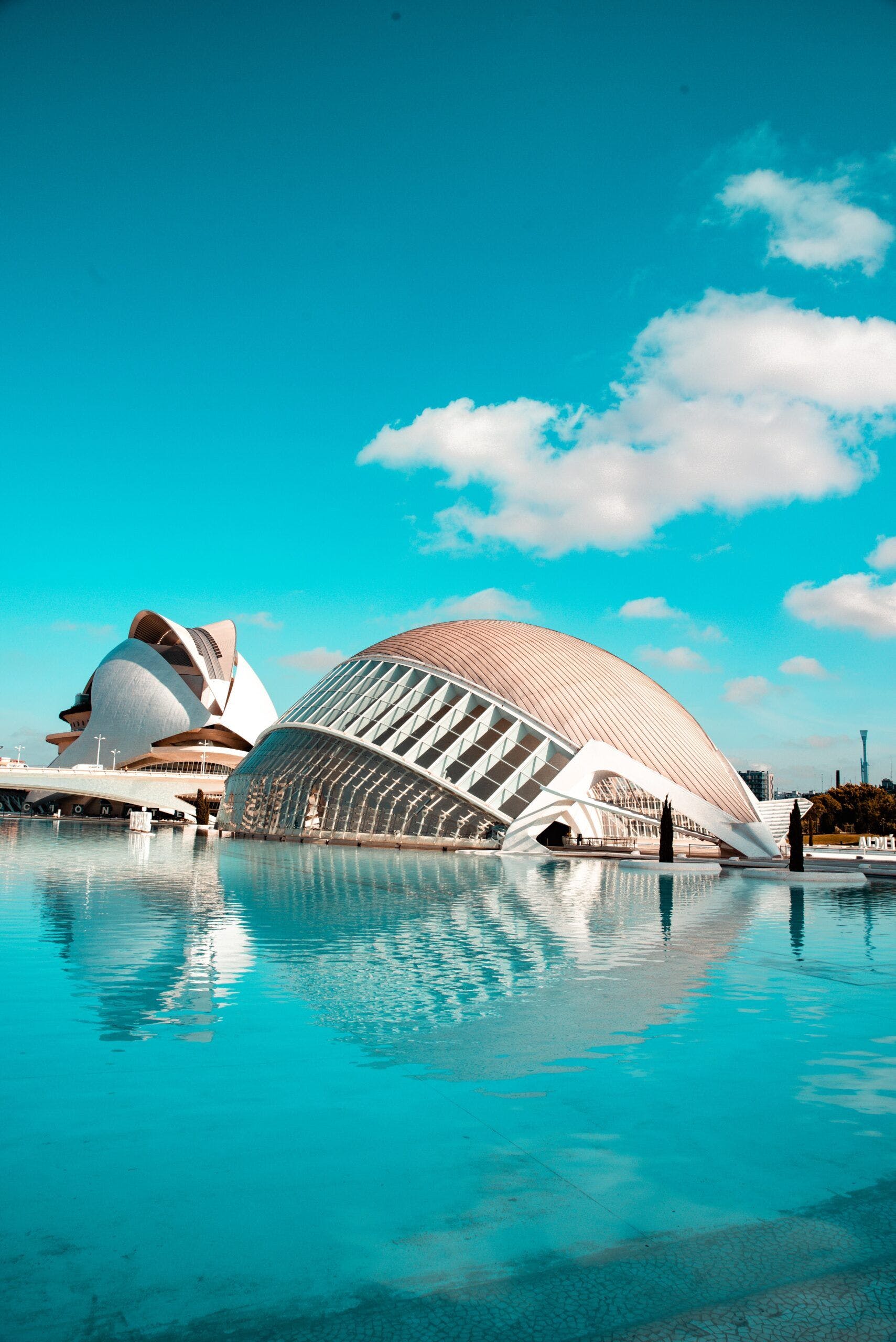
Comments are closed.